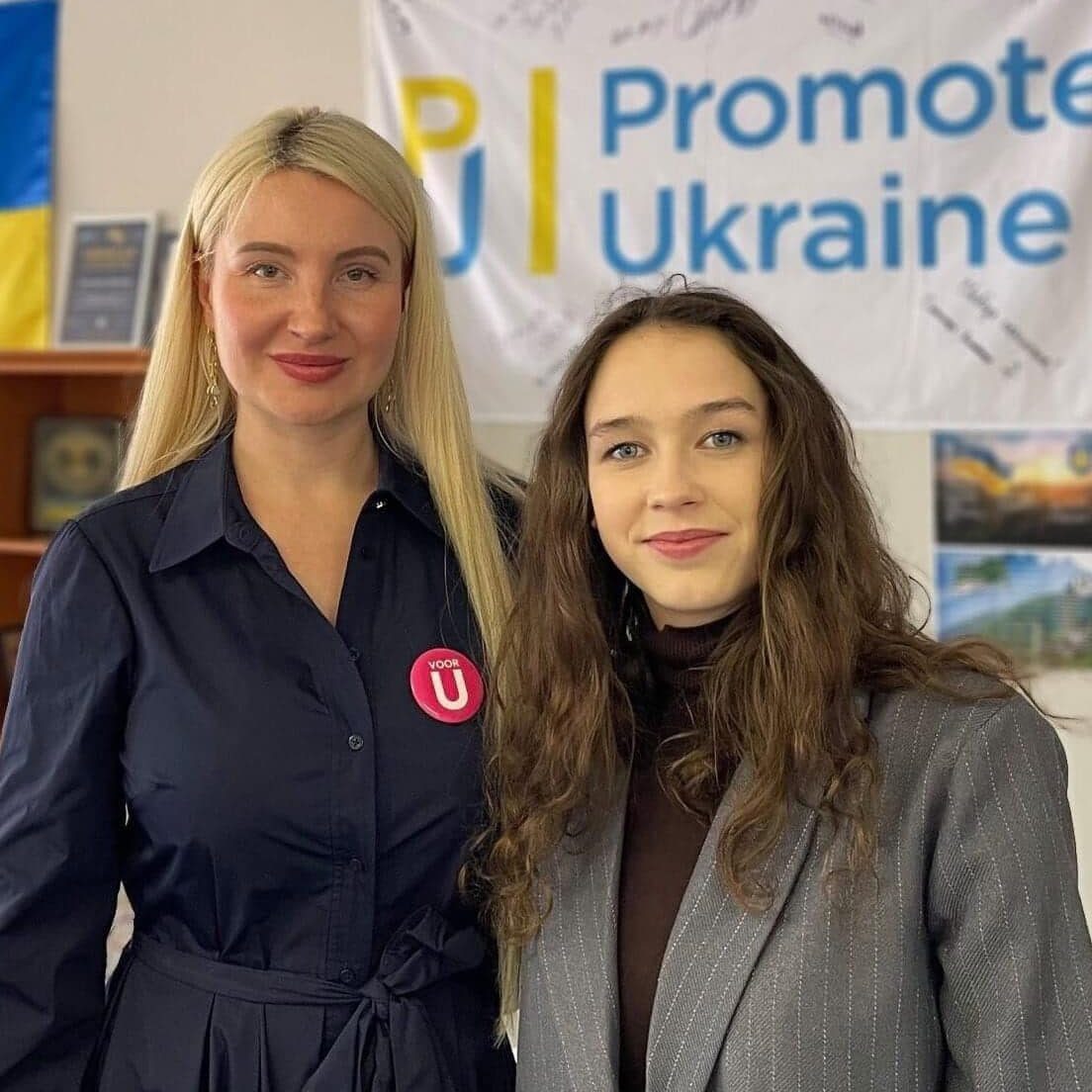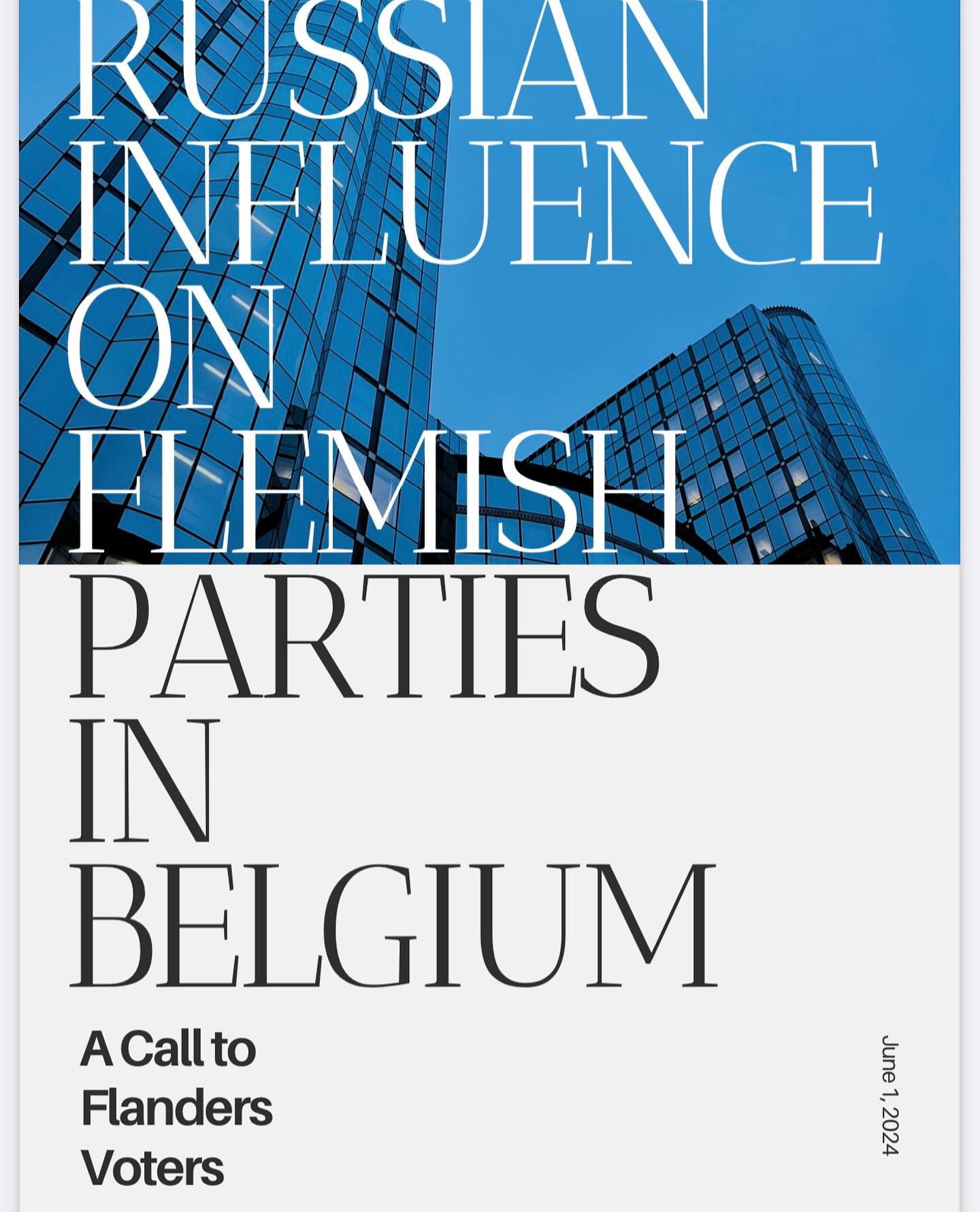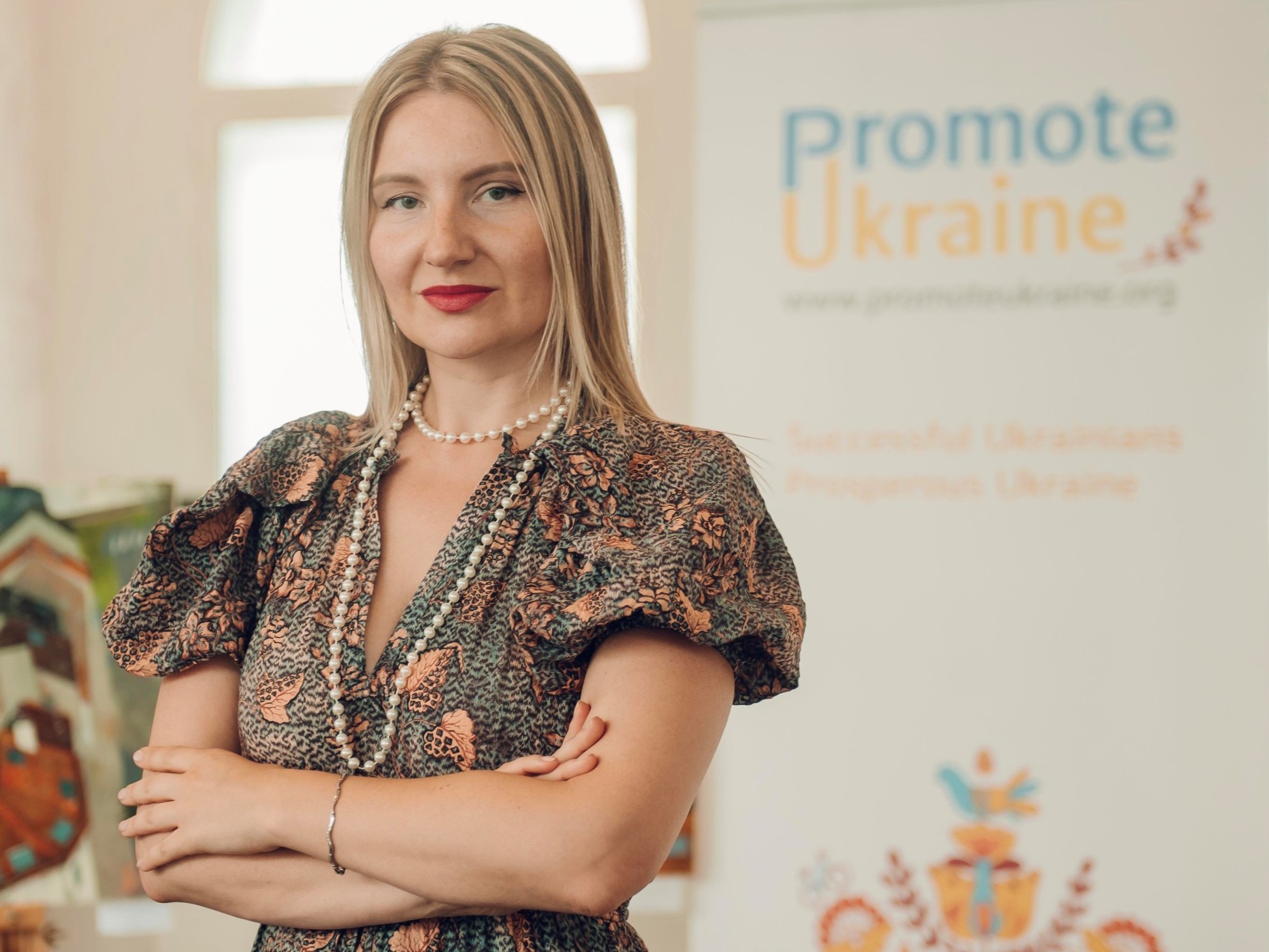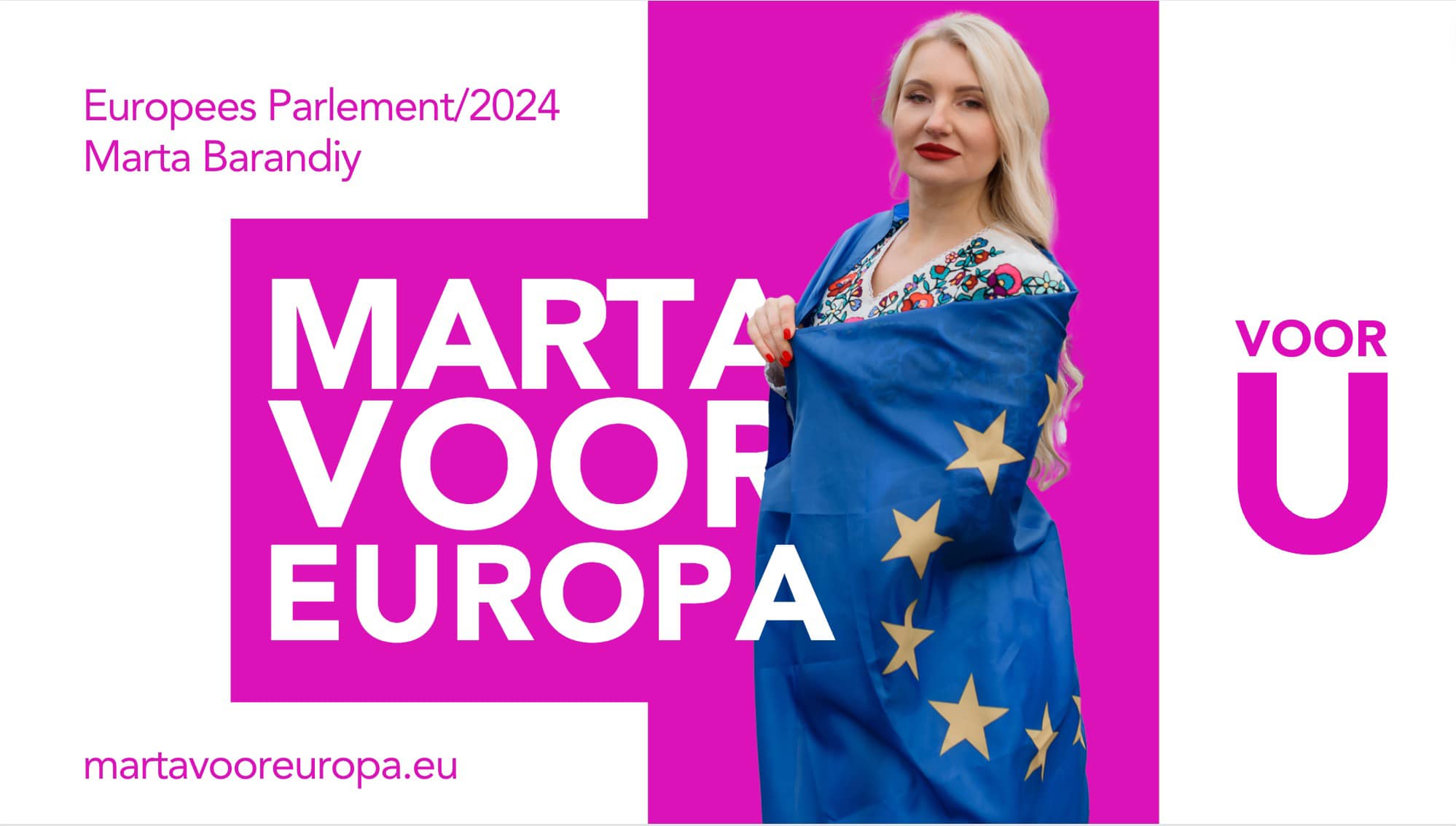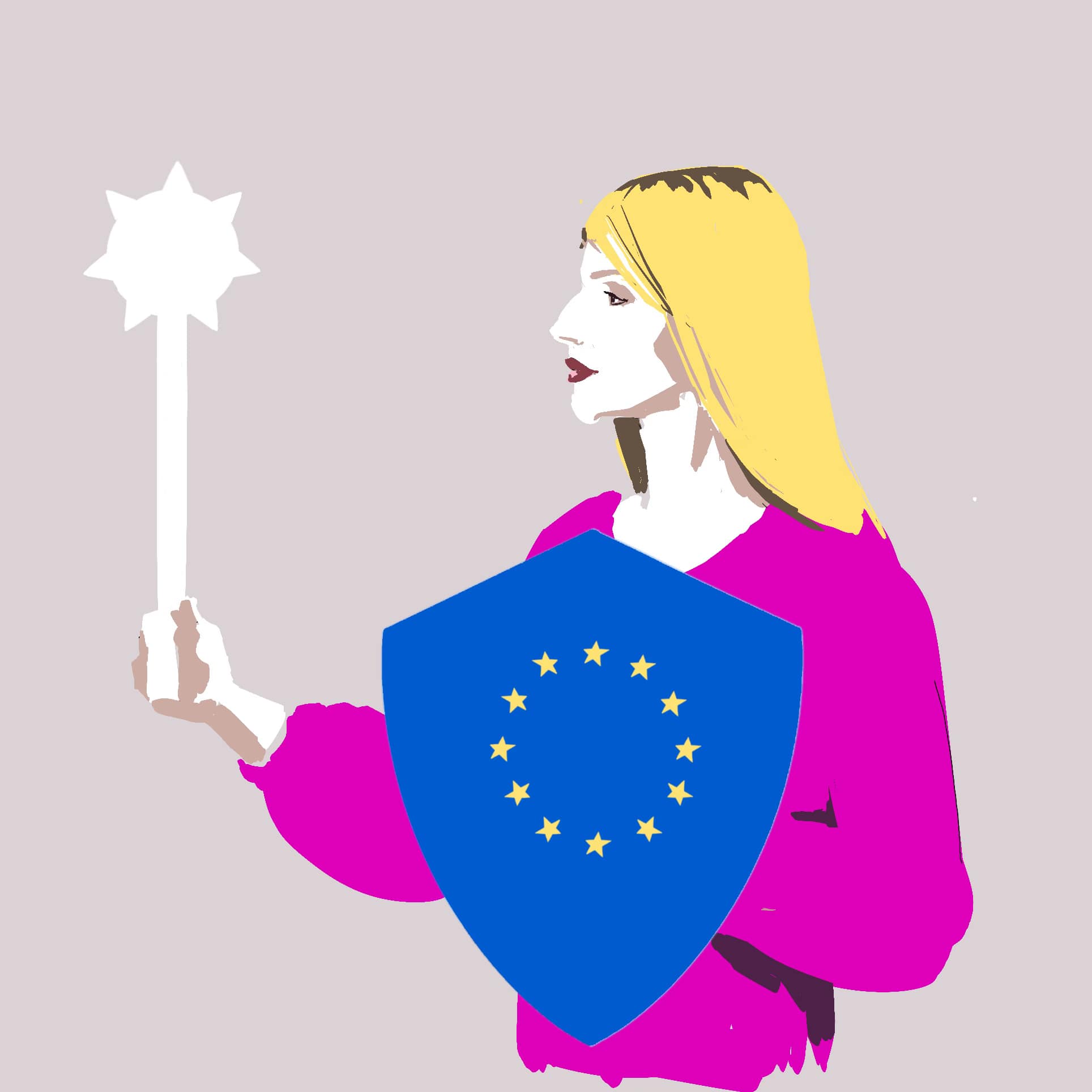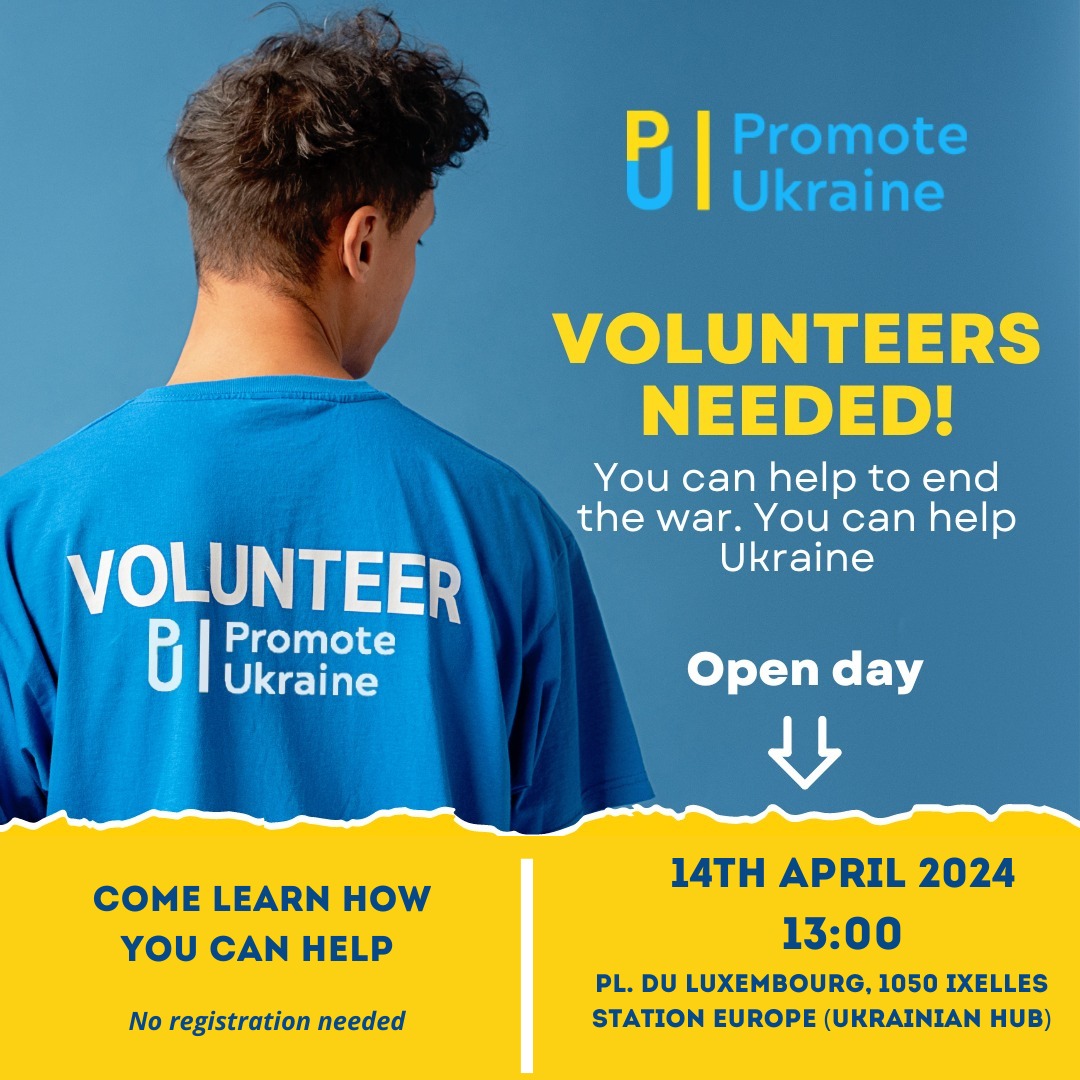Belarus has to hold new and free elections under the supervision of international observers, and the EU is ready to give financial assistance to Belarusian civil society, said Sandra Kalniete, Latvian MEP, Vice President of the European People’s Party group, and member of the EU-Ukraine delegation at the European Parliament. In an exclusive interview with Promote Ukraine, Mrs. Kalniete spoke about future sanctions against the current Belarusian regime and compared the current events in Belarus to a struggle for freedom in the Baltic states and Ukraine.
Mrs. Kalniete, what is your assessment of the current situation in Belarus?
 I follow the revolution in Belarus with a lot of admiration and also with a lot of memories. It reminds me very much of the Awakening of Latvia, of the Baltic states. 30 years ago, I was mandated to take part in the founding congress of the Belarusian Popular Front which took place in Vilnius, in exile. At that time it was prohibited to be held in Belarus.
I follow the revolution in Belarus with a lot of admiration and also with a lot of memories. It reminds me very much of the Awakening of Latvia, of the Baltic states. 30 years ago, I was mandated to take part in the founding congress of the Belarusian Popular Front which took place in Vilnius, in exile. At that time it was prohibited to be held in Belarus.
It is coincidental that after 30 years Svyatlana Tsikhanouskaya is in exile and in Vilnius. History repeats itself. But why am I mentioning it? Because 30 years ago, I think, we in the Baltic states had a feeling that we are all together – Belarusians, Ukrainians, Russians – and we would go in the direction of freedom. It was different, I would say. It has been very tragic for Belarus to be suspended in their fight for democracy for almost 30 years.
Do the events in Belarus remind you of the Ukrainian scenario as it was in 2004 during the Orange revolution?
Yes, it reminds me of that. At that time I followed very closely the events around Yuschenko, the Orange revolution. That was a very turbulent time, but all that was pushed down, covered and nailed so as not to intervene with the plans of those who do not need democracy in their power games. But the lesson that we can draw from events in Belarus – the stronger the pressure of the authoritarian dictatorship is, the more instantaneous the awakening becomes.
And we have seen that; it happened in a few days time. If I compare this with Maidan, Maidan developed during several weeks. And then it really became a mass movement. In Belarus, it was one week, and, on Sunday 16.08, we saw half a million people all across Belarus, with flowers, insisting on their right to have a normal country for themselves and their children, and to have a normal democratic future.
What can the EU do to support Belarus?
 Currently, we are approaching the 10th of September, when Lukashenka’s mandate expires. The European Union does not recognise him as a legitimately elected president. This means that on 10September he becomes citizen Lukashenka. And that is a real problem. We need someone to have the dialogue with because it is important that there is a restructuring of power, that there are those who have initiative and power, and can mandate the organisation of new presidential elections.
Currently, we are approaching the 10th of September, when Lukashenka’s mandate expires. The European Union does not recognise him as a legitimately elected president. This means that on 10September he becomes citizen Lukashenka. And that is a real problem. We need someone to have the dialogue with because it is important that there is a restructuring of power, that there are those who have initiative and power, and can mandate the organisation of new presidential elections.
Svyatlana Tsikhanouskaya also said that there is a need for new, free elections. Even if we know that Tsikhanouskaya was elected – the majority elected her – it is very difficult to prove it formally because, as I imagine, under the hand of Yermoshina (Chairwoman of the Central Election Commission of Belarus – ed.) everything in the electoral process was arranged, and today it is difficult to reestablish what the true cast of votes was. And that’s why the first thing Belarus has to do is to hold new elections. They have to be observed by international observers, with the assistance of Ukrainians, theEuropean Union and also OSCE. Only then – with the people of Belarus having a new president – we can think about whom to preferably establish a relationship with and what sort it can be. It’s important for us in the European Union that we immediately stop all financial assistance and cooperation programs that we had until now with Lukashenka’s administration. It is around 100 million euros. This money has to be re–channeled to support civil society and also to help those families whose members suffer from imprisonment and torture and who need financial assistance. We must insist that all arrested people and also political prisoners are freed immediately, first of all Siarhei Tsikhanouski himself. He deserves it.
And sanctions as well? The EU is going to introduce sanctions against Belarusian officials, right?
This has already been decided – the EU will impose sanctions on a substantial number of individuals for violence, repression and election fraud. Now, the question is how many people will be on the list of sanctions. For instance, in the United States, the Congress has the right to write the list of those who are to be sanctioned. We in the European Parliament believe we also have to draft that sort of list. We are speaking not only about the top of the top but also of those who are, let’s say, regular perpetrators in different electoral commissions given their responsibility for falsifying elections and, in a way, forcreating this enormous political crisis in Belarus.
The election process has to be investigated by an international commission. And we in the European Parliament are proposing the establishment of such a commission.
What other ideas concerning Belarus do European parliamentarians have?
There is an informal group: Friends of Belarus at the European Parliament. I belong to that group, and we are really very determined and dedicated people. The first step that we can do after there is a solution to the current issue, I would say also constitutional crisis – because on 10 September Lukashenka is no longer president – we can open the Eastern Partnership for Belarus as it is done forother countries of the Eastern Partnership with all the programs that different civil society organisations can benefit from.
This is a very turbulent time, not only for Belarusians but also for the European Union. For us, the most important thing was to concentrate on political and diplomatic pressure to stop the disproportionate and unacceptable violence in Belarus. Fortunately, there is no such brutality visible anymore. However, people are still disappearing and being arrested, but at least they are not hunted in the streets like it was during the first four days after the elections. On Wednesday, the President of European Council called for the extraordinary meeting dedicated to Belarus. The European Council condemned the elections for being neither fair nor free and stressed the EU does not recognize the results. The EU fully supports OSCE proposals for dialogue and is ready to provide assistance to further them. If I may remind you, there was such decision to provide 40 billion euros to Ukraine to immediately support different programs that would help the government stabilise the situation after Maidan.
Natalia Richardson






 UA
UA FR
FR DE
DE